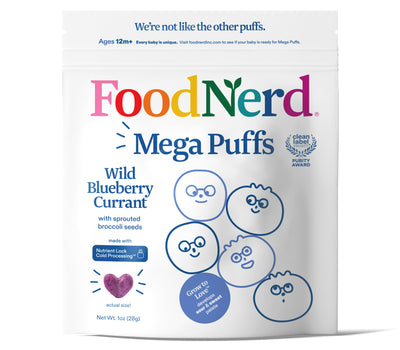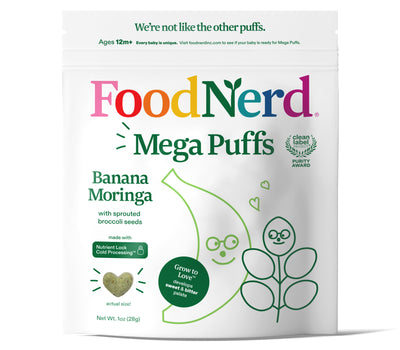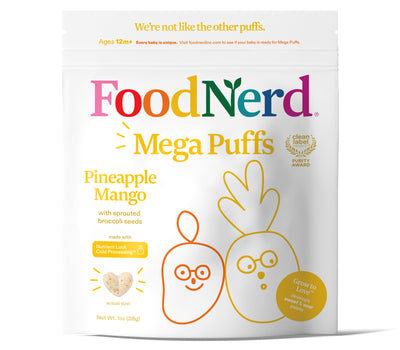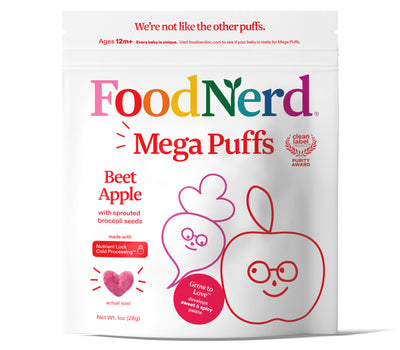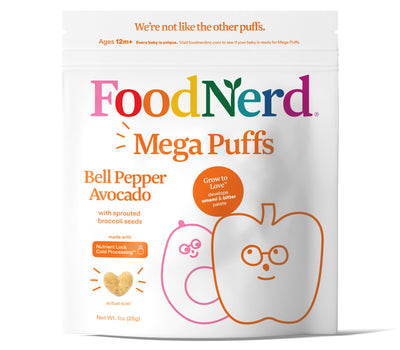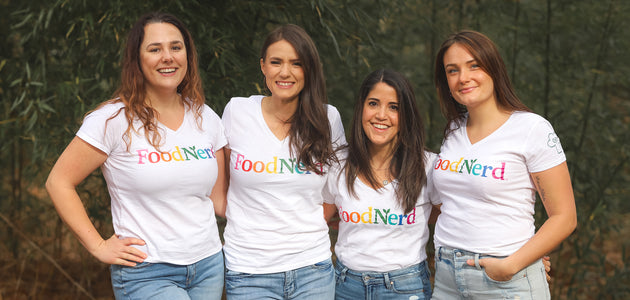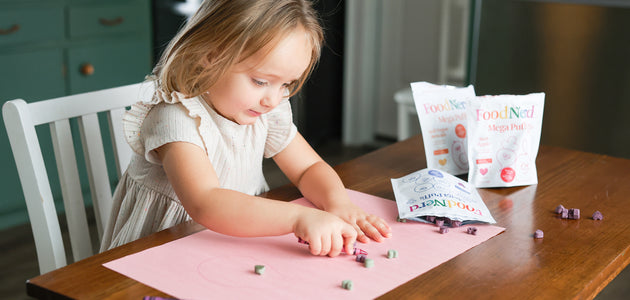Author: Trish Shea, R.D.
What in the world is the microbiome?
What is so small that you can’t see it with the naked eye, is non-human, and packs a strong punch when it comes to maintaining our health?
If you guessed microbes, you would be correct!
Microbes are tiny life forms that live in the soil, water, air, and human body. There are over a trillion microbes (also called microorganisms) that form our microbiome.
Interesting facts about the microbiome
- The amount of human cells that we have is equal to the number of microbes in our microbiome (About a 1:1 ratio).
- The bacteria that make up our microbiome are about 1,000 times smaller than our human cells.
- The microbiome has significantly more genes than our human genome—about 500 times more!
Most research has been done on the gut microbiome and the different species of bacteria (there are over 1,000 to date!) that live within it.
This article is going to address why the gut microbiome is important and what we can do to positively impact it.
Great, so our body is full of “critters." Why is it such a hot topic in wellness?
The gut microbiome is essential to our health and performs many important functions that our human cells are unable to. If we tried to discuss all the beneficial functions of the gut microbiome, we would be here for a very long time...
So, let’s talk about some of the really important ones:
- Helps to remove energy from the food we eat.
- Produces important vitamins and amino acids.
- Acts as a barrier against pathogens (microorganisms that cause disease).
The microbiome produces Vitamin K (helps to clot our blood) and is an important source of B Vitamins for the body, including Vitamin B12 and B5.
The gut microbiome is an important part of our immune function and even helps in its development.
As stated in an earlier blog post, the GALT (gut-associated lymphoid tissue) is the largest immune organ in the body. More to come on how the microbiome affects our immunity!
The gut microbiome has also been shown to play a role in obesity.
For example, research has shown that a person’s gut microbiome can classify them as lean or obese with over 90% accuracy. It can also influence leptin levels (“satiety” hormone) in humans, which has a direct impact on appetite. High levels of leptin decrease hunger, whereas low levels of leptin can make someone very hungry and develop food cravings.
Alright, so we get it. The gut microbiome is important to our health.. Now what?
What makes a healthy gut microbiome?
Just as you are a unique soul, your gut microbiome is unique to you. In fact, no one on this planet has the very same microbiome as you! The gut microbiome varies widely across healthy individuals, so how can we tell if ours is healthy or not?
Our gut microbiome is a living ecosystem that is constantly changing—so it is hard to test whether it is considered “healthy” or not, but I assure you that there are companies out there that are working on it! So, if testing is out of the question for now, what can we do?
We can influence things that affect the balance of our microbiome, which include lifestyle factors such as:
- Diet
- Consumption of alcohol
- Exercise
- Stress
- Sleep
Diet
What we eat strongly influences the species of microbes that live in our gut microbiome. This means that diet is a great opportunity for us to change our microbiome for the better!
What type of diet is best for our microbiome?
-
Eat a Variety of Foods: Research has shown that a diet rich in a variety of plants produced the most stable microbiomes.
-
Eat Less Sugar & Fat: Eating a typical Western diet that is high in both fat and sugar causes imbalances in the gut microbiome (well we already knew this stuff was not good for our health).
- Eat More Vegetables & Other Foods that Contain Fiber: Research shows that a diet rich in fiber and vegetables is associated with changes in the microbiome that is beneficial to our health.
Alcohol Consumption
Research has shown that consistent consumption of alcohol causes unfavorable bacterial overgrowth and microbiome imbalances that are not associated with good health.
Bummer! But…
There is good news for all of you red wine drinkers out there! Research has shown that a compound in red wine called polyphenols increases a species of bacteria that has been shown to have a positive impact on the health of our gut
Exercise, Stress, and Sleep
-
Exercise: Increasing evidence suggests that regular aerobic activity (brisk physical activity that is associated with an increase in breathing), produces favorable changes in the composition of the microbiome that promote gut health.
-
Stress: Stress impacts the diversity of the microbiome and may even cause an immune response.
- Sleep: Sleep deprivation has been shown to produce changes in the microbiome. Research also suggests that a diverse microbiome promotes sleep quality!
What happens when your microbiome is out of balance?
Dysbiosis... Doesn't that just sound bad?
Dysbiosis, or imbalances in the composition and function of the microbiome, has been associated with many diseases, including inflammatory bowel disease, multiple sclerosis, diabetes (types 1 and 2), allergies, asthma, autism, and cancer.
It remains unclear whether the imbalances in the microbiome caused the disease or if the disease caused the imbalances in the microbiome. Talk about the chicken and the egg..
Conclusion
You are the master of your microbiome!
Well at least when it comes to the things that are in our control, such as: being more physically active, getting an adequate amount of sleep, eating a healthy diet, drinking less alcohol, and decreasing stress in your life.
Although we have co-evolved with these “critters” for thousands of years, we are still learning how important they are to our health.
So raise a toast, preferably red wine, to these very small organisms that help our bodies thrive!
Sources:
- Lloyd-Price, Jason, Galeb Abu-Ali, and Curtis Huttenhower. "The healthy human microbiome." Genome medicine 8.1 (2016): 1-11.
- Gilbert, Jack A., et al. "Current understanding of the human microbiome." Nature medicine 24.4 (2018): 392.
- Johnson, Abigail J., et al. "Daily sampling reveals personalized diet-microbiome associations in humans." Cell host & microbe 25.6 (2019): 789-802.
- Lynch, Susan V., and Oluf Pedersen. "The human intestinal microbiome in health and disease." New England Journal of Medicine 375.24 (2016): 2369-2379.
- Engen, Phillip A., et al. "The gastrointestinal microbiome: alcohol effects on the composition of intestinal microbiota." Alcohol research: current reviews 37.2 (2015): 223.
- Amon, Protima, and Ian Sanderson. "What is the microbiome?." Archives of Disease in Childhood-Education and Practice 102.5 (2017): 257-260.
- Rastelli, Marialetizia, Patrice D. Cani, and Claude Knauf. "The gut microbiome influences host endocrine functions." Endocrine reviews 40.5 (2019): 1271-1284.
- Mailing, Lucy J., et al. "Exercise and the gut microbiome: a review of the evidence, potential mechanisms, and implications for human health." Exercise and sport sciences reviews 47.2 (2019): 75-85.
- Smith, Robert P., et al. "Gut microbiome diversity is associated with sleep physiology in humans." PloS one 14.10 (2019).
- Werbner, Michal, et al. "Social-stress-responsive microbiota induces stimulation of self-reactive effector T helper cells." MSystems 4.4 (2019): e00292-18.
 About the Author: Trish Shea
About the Author: Trish Shea
Trish graduated from UB with a Bachelors in Exercise Science and a Masters in Dietetics from D’Youville College. She also served in the Army National Guard as a Healthcare Specialist. She is passionate about using food as medicine and physical activity to look and feel our best. Connect with her at trisha.shea17@gmail.com.
